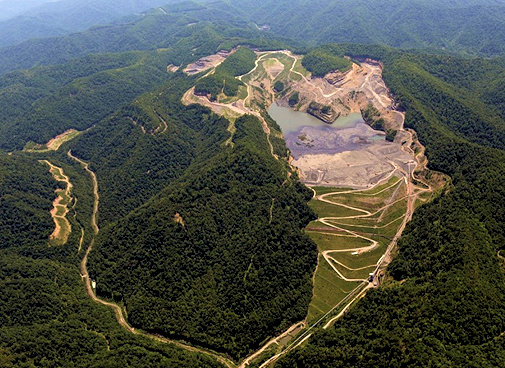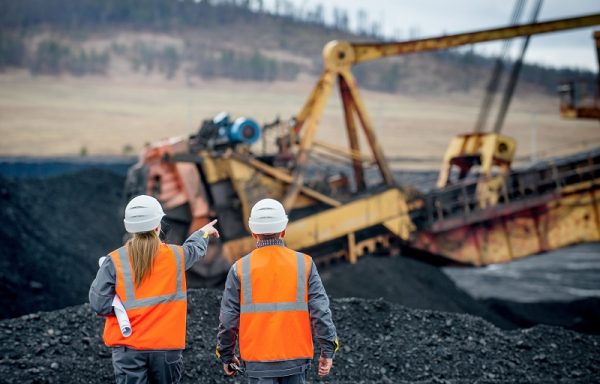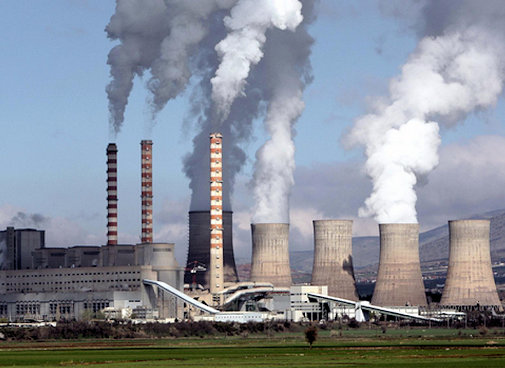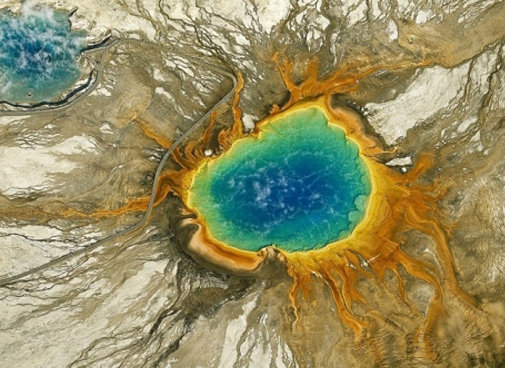
The course presents theoretical concepts and practical approaches to the environmental, social and economic impact of the exploitation of mineral and energy resources as well as the best ways to manage them. More specifically, the environmental risks associated with the exploitation of mineral and energy resources and large geotechnical projects are analyzed and the best techniques for dealing with them are presented.
- The effects of mining activity on the environment: Introduction, Impacts on the natural environment, Impacts on humans, Socio-economic effects, Factors affecting the size and intensity of environmental problems.
- Environmental impacts of large geotechnical projects.
- Visual pollution: Introduction, Theoretical background, Landscape quality assessment systems, Design of mining projects aiming at the minimum possible alteration of the landscape.
- Ground vibrations and air pressure (airblast): Introduction, Theoretical background, Monitoring and systems for measuring vibrations from blasting, Measures to reduce ground vibrations and air pressure, Vibrations and human disturbance.
- Noise pollution: Introduction, Theoretical background, Noise sources in mining works, Monitoring and measurement systems, Prediction models, Response measures, Greek and international standards.
- Air pollution: Introduction, Theoretical background, Sources of cuasing gaseous pollutants in quarries and mines, Monitoring and measurement systems, Prediction models, Response measures.
- Exploitation planning with the aim of optimal environmental protection.
- Rehabilitation of mining and quarrying areas: Introduction, Factors affecting the rehabilitation, New land uses, Criteria for evaluation of alternative plans. The problem of abandoned mines and quarries.



